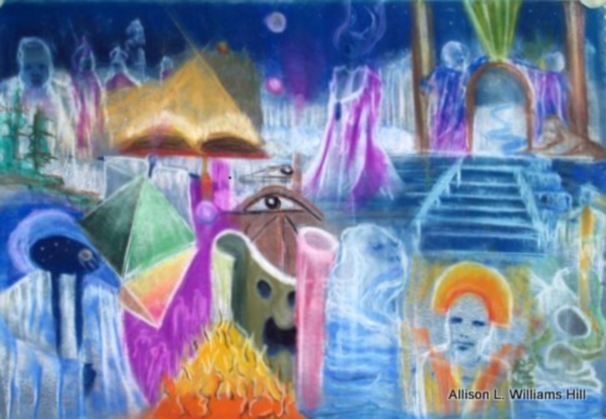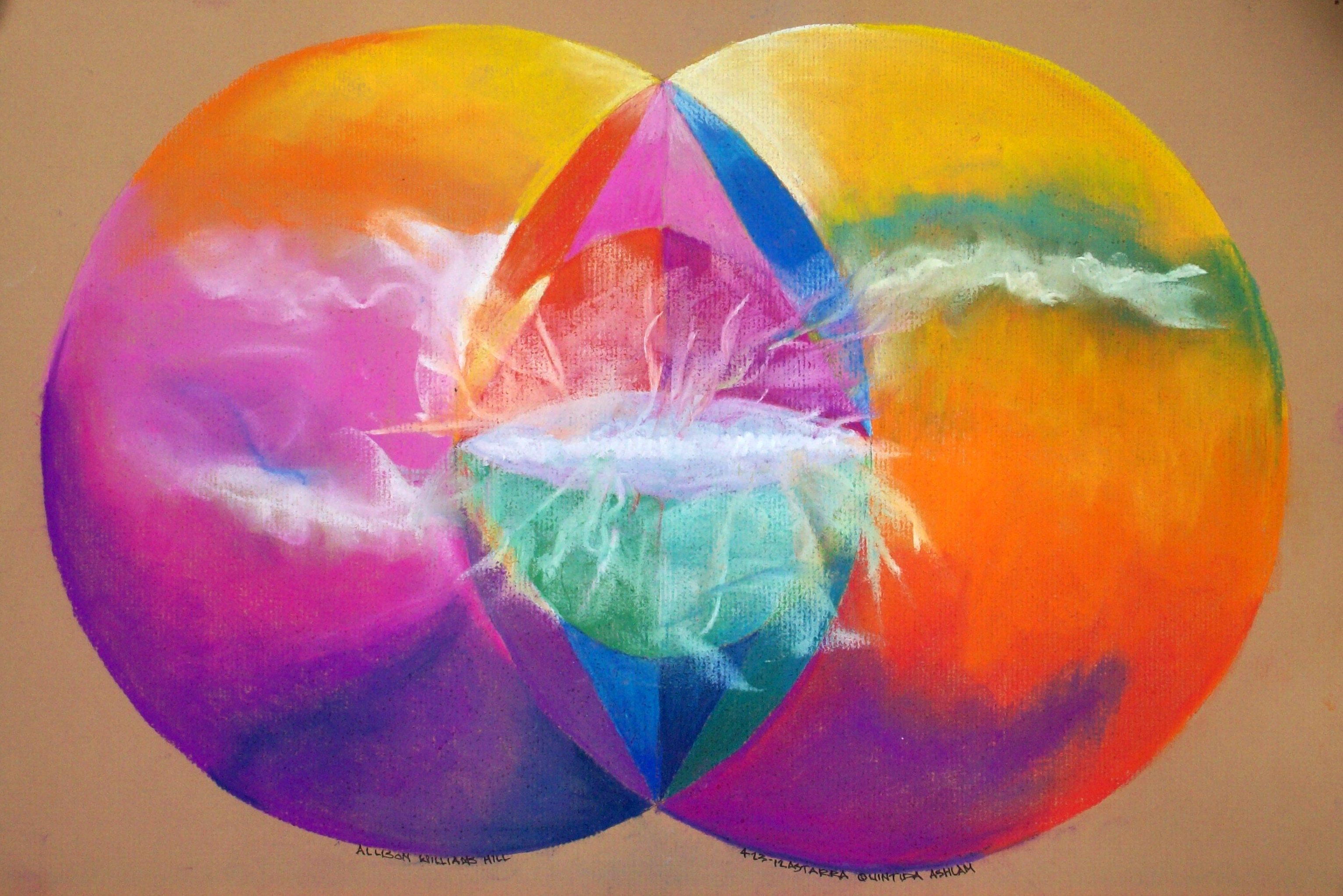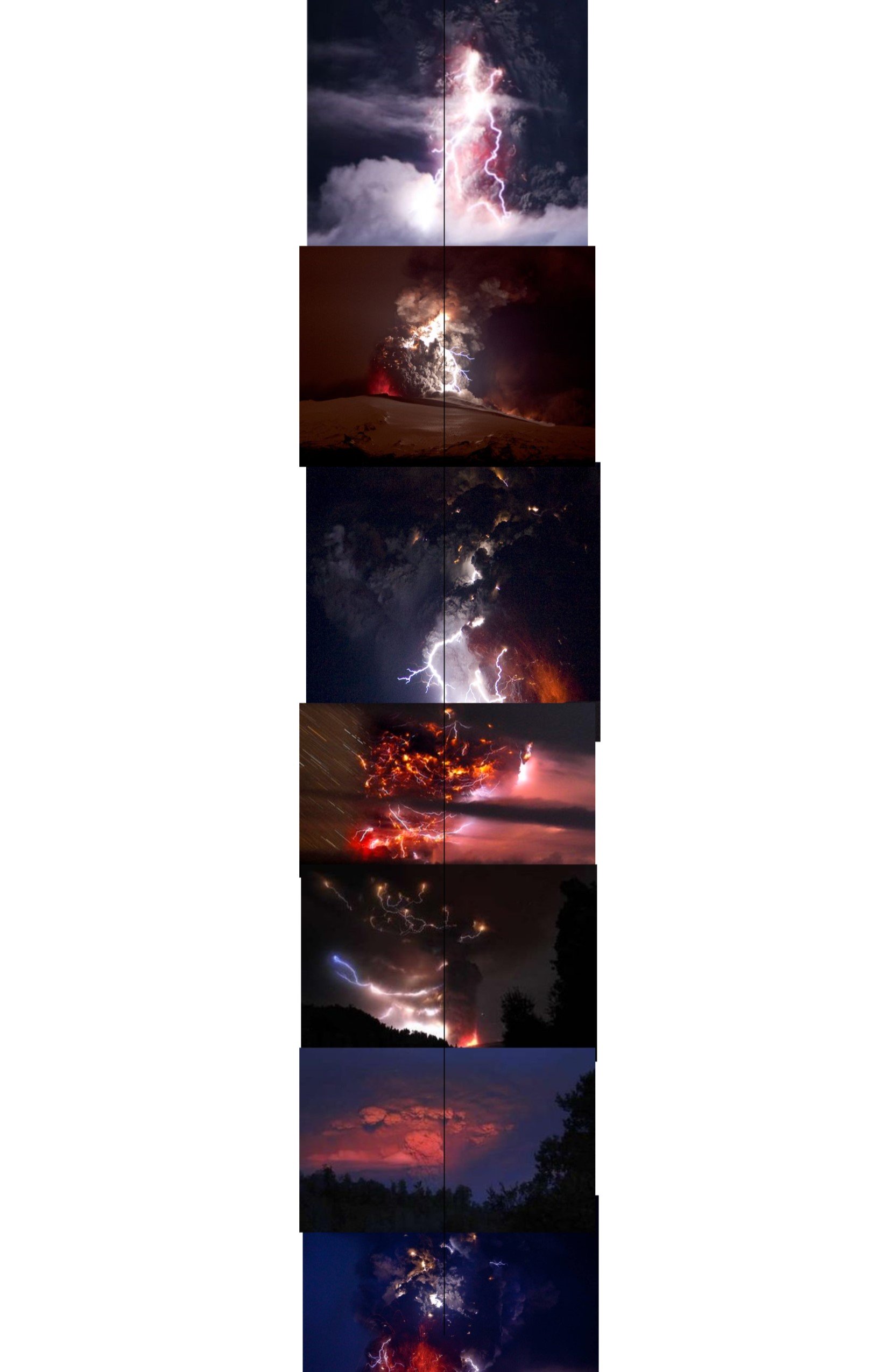What We Can Do By Thought
Part 2
from "The Hidden Side of Things"
Chapter XIX: By What We Think The Realm Of Thought
by CW Leadbeater
Another necessary point in its (thought) training is that it shall be taught to do thoroughly that which it has to do-- in other words, that the power of concentration shall be acquired. This is no light task, as any unpractised person will find who endeavours to keep his mind absolutely upon one point even for five minutes. He will find that there is an active tendency to wander-- that all kinds of other thoughts thrust themselves in; the first effort to fix the mind on one subject for five minutes is likely to resolve itself into spending five minutes in bringing the mind back again and again from various side-issues which it has followed.

Fortunately, though concentration itself is no easy thing, there are plenty of opportunities for attempting it, and its acquisition is of great use in our daily life. We should learn then, whatever we are doing, to focus our attention upon it and to do it with all our might and as well as it can be done; if we write a letter, let that letter be well and accurately written, and let no carelessness in detail delay it or mar its effect; if we are reading a book, even though it be only a novel, let us read it with attention, trying to grasp the author' s meaning, and to gain from it all that there is to be gained. The endeavour to be constantly learning something, to let no day pass without some definite exercise of the mind, is a most salutary one; for it is only by exercise that strength comes, and disuse means always weakness and eventual atrophy.

It is also of great importance that we should learn to husband our energy. Each man possesses only a certain amount of energy, and he is responsible for its utilisation to the best advantage. The ordinary man wastes his force in the most foolish manner. He is always frittering it away without a shadow of necessity or justification. Sometimes he is full of eager desire for something which is quite unnecessary; or he is full of worry about some fancied evil which he imagines may be impending. At another time he is deeply depressed, but does not know exactly why; but whatever he alleges as the ostensible cause, the fact remains that he is more or less in a condition of excitement and agitation, because he will not take things philosophically, and lay to heart the wise old maxim that, as regards what comes upon us from the outer world, "nothing matters much, and most things don' t matter at all." The thoughts and emotions of an average crowd are like the inhabitants of a disturbed ant-hill, all rushing wildly and aimlessly about in different directions, but causing a vast amount of disorder and tumult; which is precisely why the occultist invariably avoids a crowd, unless duty takes him into it. It is especially necessary for the student of occultism to learn to avoid this dissipation of his energies.

The Question detail 9 by Allison L. Williams Hill
One way in which the average man wastes a great deal of force is by unnecessary argument. It appears to be impossible for him to hold any opinion, whether it be religious or political, or relating to some matter in ordinary life, without becoming a prey to an overmastering desire to force this opinion upon every one else, He seems quite incapable of grasping the rudimentary fact that what another man chooses to believe is no business of his, and that he is not commissioned by the authorities in charge of the world to go round and secure uniformity in thought and practice.
Links













